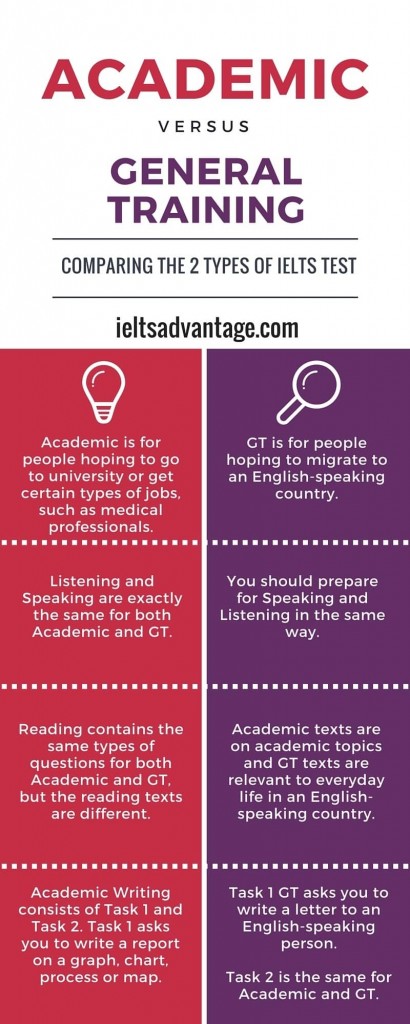This post is the first of a five-part series for IELTS beginners, designed to answer some of the most commonly asked questions we get about the IELTS exam. This will provide you with all of the resources you need to fully research IELTS and decide whether it is right for you.
IELTS stands for ‘International English Language Testing System’ and is an English proficiency exam. This will test your reading, writing, speaking and listening skills.
The IELTS exam is developed and managed by the British Council, IDP and Cambridge Assessment English. This exam is taken by millions of people every year.
One of the reasons the test is so popular it that it is recognised by more than 10,000 organisations worldwide.
Therefore, the IELTS exam is a tool for non-native English speakers to improve their skills and pursue the career, scholarship or migration opportunity of their dreams.
Why do I need to take the IELTS exam?
The answer to this question depends on your own personal circumstance, but it is most likely that you require a certificate that proves your proficiency using the English language.
The reason that so many people choose to take the IELTS exam is that it tests both:
- Your English skills
- Your ability to apply these skills in an academic or general context.
The fact that the exam also tests your practical skills is one of the main reasons that it is so widely recognised. Click here to browse the thousands of institutions that accept the IELTS certificate.
What score do I need to pass?
The answer to this question will vary depending on your reason for taking the exam. Luckily, it is very easy to find out what score you need.
If you need to take the exam to apply for a scholarship or further education, you should contact the school or university of your choice. Most universities include this information on their website. You can also find the IELTS Guide to Studying in the UK here.
If you’re taking the IELTS test for emigration purposes, you will find the score you need by contacting the immigration authorities of the country that you would like to move to.
To find out the score you need for work or promotion purposes, you will need to contact your employer.
Should I take Academic or General IELTS?
There are very small differences between the actual format of IELTS Academic and IELTS General. However, they both test different skills, so you need to make sure that you choose the correct one for you. The type of test that you need to take will be decided by the organisation where you need to present the certificate. The same people who decide what scores you need.
You can see our guide to choosing between Academic and General below:
What is the difference between IELTS and UKVI IELTS?
To put it simply: nothing.
Both test formats are exactly the same. The only difference is the paperwork that you will have to complete on the day of your exam.
UKVI IELTS can be used to support visa applications to the UK. Comparatively, IELTS cannot, as the paperwork does not meet the UK Home Office requirements. You can read more about this process here.
Where do I start?
Once you have determined which IELTS exam is right for your purposes and the score you need to achieve, the best advice I can give you is to keep it simple.
There is so much conflicting and confusing advice on the internet that it’s vitally important that you don’t become overwhelmed.
Take some time to read through and process the information in this article. This will allow you to get a solid understanding of the work required of you.
Take a minute to reflect on the reason why you’re taking the IELTS exam. Reminding yourself of the reason why from time to time will make the IELTS journey far more rewarding and enjoyable for you.
***
Always feel free to email us at chris@ieltsadvantage.com if you have any questions about the IELTS exam.
***





